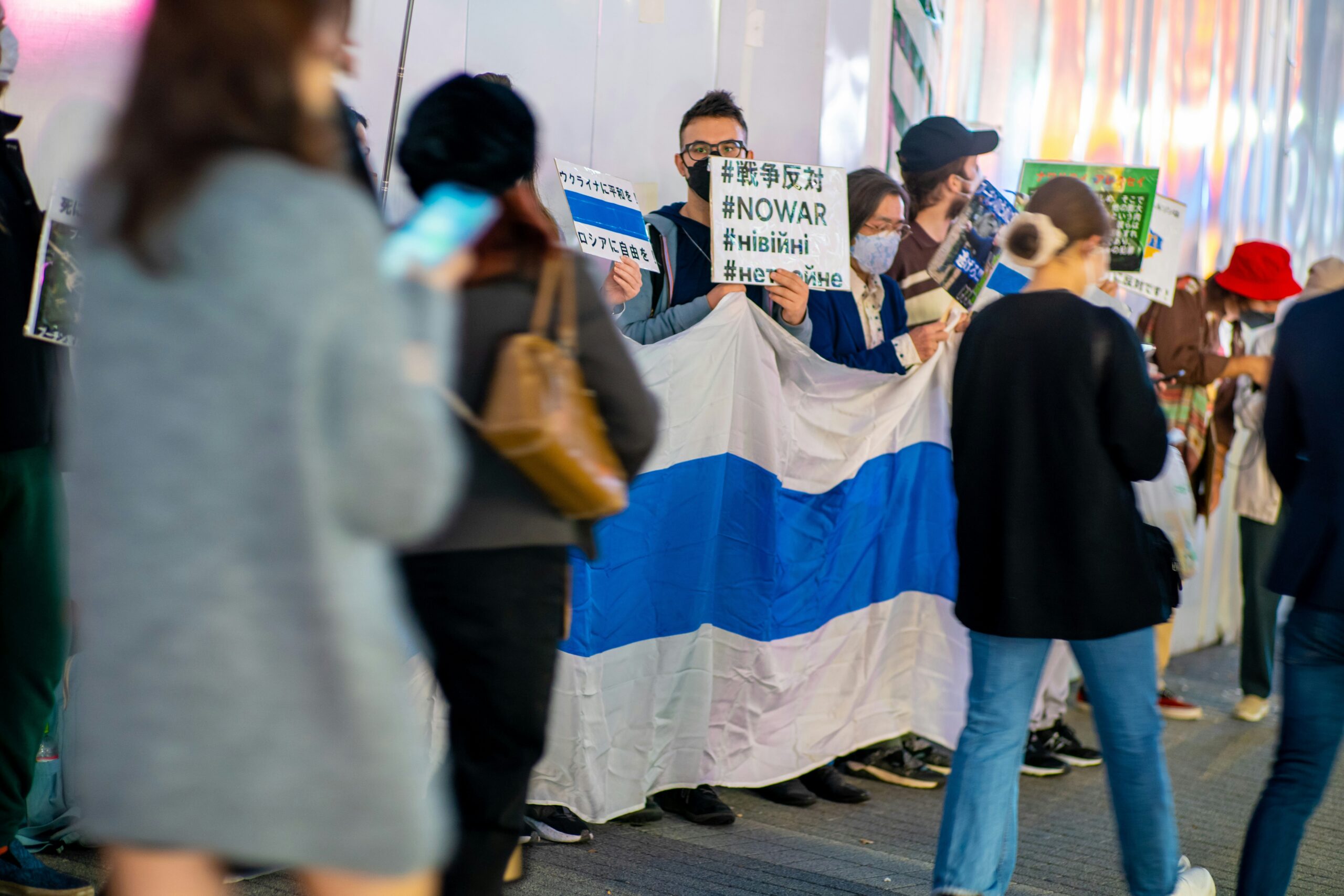
Student support for Israel has become a robust and influential movement on college campuses across the globe. As young adults develop a more profound interest in international affairs, many have taken active roles in advocating for Israel’s rights, culture, and security. This student-led movement emphasizes education, dialogue, and advocacy, which is critical in shaping campus discussions and promoting informed perspectives about Israel. This article explores how student support for Israel is growing, how students promote understanding, and the impact of their efforts on campus and beyond.
The Emergence and Growth of Pro-Israel Student Movements
In recent years, student support for Israel has gained significant momentum. Across numerous universities, student groups dedicated to Israel have formed to provide balanced information and counteract misinformation often present in campus discourse. These organizations work to present Israel’s complex history, diverse society, and contributions to technology and culture in a nuanced and accessible way.
This growth reflects a broader interest among students in engaging meaningfully with world affairs and advocating for causes they believe contribute to peace, security, and justice.
Educational Outreach and Cultural Programs
One of the pillars of student support for Israel is educational outreach. Student organizations frequently host lectures, panel discussions, and seminars featuring scholars, diplomats, and experts on Israeli history and Middle Eastern politics. These events provide factual, well-rounded perspectives encouraging critical thinking and informed debate.
In addition, cultural programs play a vital role in connecting students to Israel beyond politics. Israeli film festivals, art exhibitions, dance performances, and food tastings expose students to the country’s rich cultural tapestry. These programs foster personal connections, breaking down stereotypes and highlighting Israel’s vibrant society.
Advocacy and Campus Activism
Beyond education, many students actively engage in advocacy to defend Israel’s image and rights. This activism takes many forms, including organizing rallies, creating awareness campaigns, and responding to anti-Israel resolutions or boycotts on campus. These efforts aim to ensure that Israel’s perspective is fairly represented and that students who support Israel can express their views openly.
Student activists often collaborate with national and international pro-Israel organizations, gaining access to training, resources, and a broader platform. These partnerships enhance their capacity to influence campus policies and contribute to the global conversation on Israel and peace in the Middle East.
Facing Opposition and Overcoming Challenges
Student supporters of Israel sometimes face significant opposition on campus, including protests, misinformation campaigns, and social exclusion. This opposition can create challenging environments, making it difficult for open dialogue to flourish. However, many pro-Israel students respond by promoting respectful conversation and emphasizing education over confrontation.
Resilience is a hallmark of the movement, with students continuously seeking ways to engage constructively and build coalitions across campus groups. Their efforts contribute to a healthier campus climate, where complex issues related to Israel and the Middle East can be discussed honestly and respectfully.
Dialogue Initiatives and Bridge-Building Efforts
Recognizing the value of dialogue, many student supporters participate in or organize programs that unite diverse groups, including those with Palestinian or Arab backgrounds. These initiatives provide safe spaces for personal storytelling and mutual understanding, fostering participant empathy.
Such dialogue programs have proven effective in breaking down barriers and dispelling misconceptions. Encouraging face-to-face conversations, they help create a campus culture that values nuanced views and peaceful coexistence, even amid political differences.
The Role of Student Organizations and Leadership
Student organizations advocating for Israel serve as leadership development and community-building hubs. Groups like Hillel, StandWithUs, and campus-based pro-Israel clubs offer mentorship, training, and platforms for student voices. These organizations help students gain confidence, build public speaking skills, and navigate complex political environments.
Furthermore, these groups work closely with university administrators to ensure that pro-Israel perspectives are included in campus programming and policy discussions. Their advocacy helps protect freedom of speech and create balanced educational environments.
Leveraging Social Media for Outreach and Influence
Social media has become an essential tool for student supporters of Israel. Platforms like Twitter, Instagram, and TikTok enable students to reach broad audiences, share stories, and counter misinformation in real-time. Creative campaigns featuring videos, graphics, and personal testimonies make Israel’s story accessible and relatable.
In addition, digital activism allows students to mobilize quickly around events and debates, extending their influence beyond the physical campus. This online presence strengthens the global pro-Israel student network and provides solidarity among supporters worldwide.
Encouraging Critical Engagement and Balanced Perspectives
Student support for Israel encourages peers to engage critically with the complexities of the Israeli-Palestinian conflict and Middle Eastern politics. Many students emphasize that supporting Israel does not mean ignoring the rights and concerns of Palestinians. Instead, they advocate for dialogue, coexistence, and solutions that recognize the legitimate needs of all parties.
By fostering this balanced perspective, student supporters contribute to more thoughtful and informed campus conversations. This approach helps prepare young leaders to navigate difficult geopolitical issues with empathy and intellectual rigor.
Long-Term Impact and Broader Implications
Students’ engagement in supporting Israel has lasting effects beyond the campus environment. Many participants carry their advocacy into their professional and civic lives, influencing policy, media, and community relations. Their early involvement shapes them into informed leaders contributing to international understanding and peace-building efforts.
Furthermore, this student movement strengthens Israel’s global support base. Educated, passionate young advocates help ensure that Israel’s story is told accurately and fairly in international forums, contributing to diplomatic and cultural ties worldwide.
Fostering a Strong and Informed Student Support Network
Student support for Israel continues to grow as an essential and dynamic movement that enriches campus life and global discourse. Students build understanding and foster advocacy grounded in knowledge and respect through education, activism, dialogue, and digital engagement.
Supporting this student movement benefits Israel’s representation and nurtures a generation of critical thinkers and compassionate leaders. As campuses remain vital spaces for dialogue and learning, empowering students to engage constructively on Israel-related issues helps create more informed and inclusive communities.